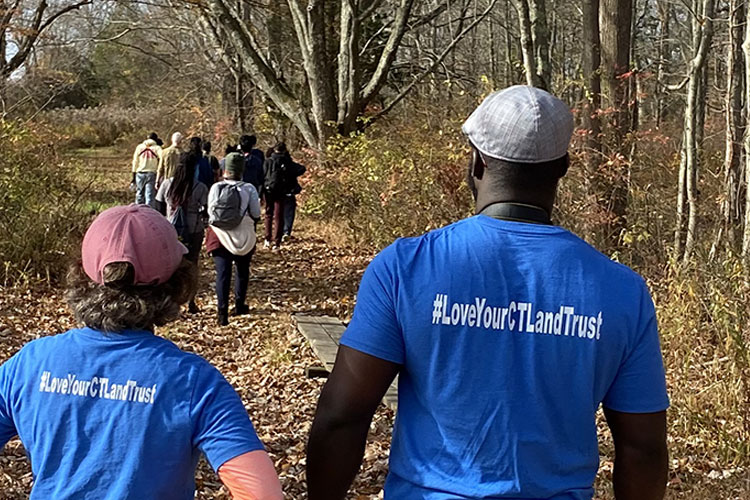Resource Library
Conservation restriction: a limitation, whether or not stated in the form of a restriction, easement, covenant or condition, in any deed, will or other instrument executed by or on behalf of the landowner, including, but not limited to, the state or any political subdivision of the state, or in any order of taking such land whose purpose is to retain land or water areas predominantly in their natural, scenic or open condition or in agricultural, farming, forest or open space use. (Connecticut General Statutes Section 47-45a)
Conservation easement: a voluntary legal agreement between a landowner and a land trust (or government entity) that permanently restricts certain aspects of land use in order to protect the conservation values of the property.
Qualified Organization: an organization that is qualified to hold conservation easements, such as a conservation organization or government agency.
Deed restriction: terms placed in a deed to a property that restrict certain uses of the real estate by subsequent owners.
Fee simple ownership: a landowner grants all his or her rights, title, and interest in a property to a land trust, who then owns and manages the land.
Stewardship: the activities related to maintaining the conservation values of a protected property, including monitoring for encroachments and violations.
